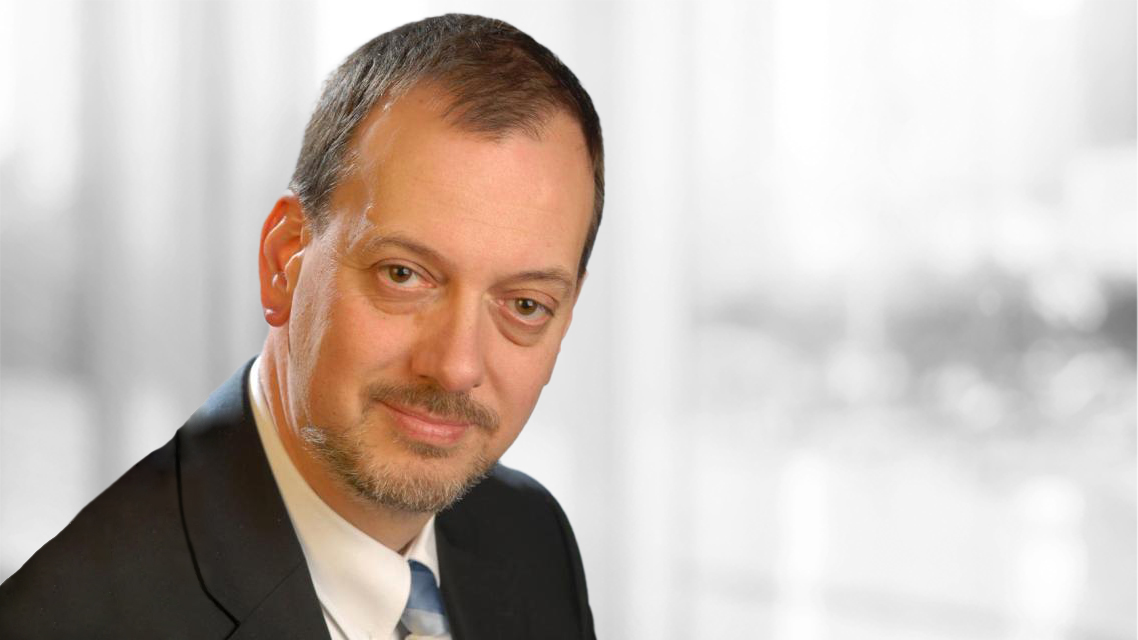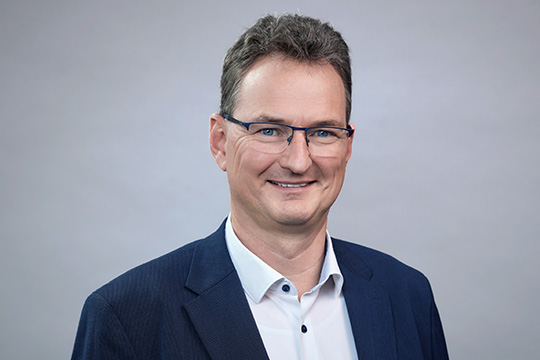During the 1980s, the demands for a mobile network standard all across Europe became louder. The initial cooperation of German and French experts led to first system proposals and to the decisive conclusion: this development must be based on a digital, standardised system. Detecon played a decisive role in this development.
At the starting point of the history of digital mobile network, there were various analogue cellular systems nationally. The European telecommunications companies, which were still state-owned at the time, founded the "Groupe Spécial Mobile" (GSM) to promote standardisation. Later, this abbreviation for the system was retained and became known worldwide for what was probably one of the greatest successes of a joint European technology development. GSM, with its further developments and successors 3G, 4G and 5G, is the global standard for mobile communications.
Detecon as the centre of the mobile network start-up atmosphere
In 1987, after much preliminary work, the decisive system parameters were defined. The detailed development of the system and the networks could begin. For this purpose, the Digital Mobile Network (PDM) project was founded at Detecon under the leadership of Friedhelm Hillebrand, which was to drive this development for Telekom, which at that time was still organised as a public authority, with private-sector agility and speed. Detecon established itself not only as the centre of the rapid, successful development of mobile communications at Deutsche Telekom, but of the mobile communications start-up scene in general.
The Digital Mobile Communication Project
The PDM tasks included the following:
- the development and standardization of system technology within the European framework
- the planning of the GSM network in West Germany and, after reunification, in all of Germany
- the buildup of network operation
- the implementation of a billing system for mobile networks
- the organization of purchasing for the new technology
Important developments such as text messages (SMS) or security mechanisms are largely due to PDM experts. Projects for the development of marketing and sales were also added.
Launch of the D1 GSM network and expansion of consulting services in the field of digital mobile networks
In the summer of 1992, the D1 GSM network was publicly launched. This was the decisive milestone in the mission of the Detecon mobile radio experts, which was very successfully fulfilled. The task continued: In July 1993, about 700 Detecon employees were transferred to DeTeMobil (later T-Mobile), which was newly founded for this purpose, as the core of Deutsche Telekom's rapidly growing digital mobile communications business.
Besides the D1 GSM network, consulting in the field of digital mobile networks became an important Detecon business field. Detecon continued to provide important contributions to standardization after 1993, for example to GSM Phase 2+ and GPRS. Special technology consulting projects were the development of the digital mobile radio platform for the European railways (GSM-Rail) or the introduction of the mobile radio satellite system Thuraya, which complements GSM. The development of mobile operators in Turkey, Mozambique, Kuwait, Taiwan, South Africa or Uganda was supported by comprehensive consulting in strategy, marketing, sales, network development, purchasing, finance and organisation/HR as well as interim management. Later, projects such as the introduction of GPRS at Voicestream (today T-Mobile USA) or the assumption of management responsibility for the GSM operator Alfa in Lebanon were added.
The digitalisation of mobile communications led to the revolution in telecommunications and decisively shaped Detecon as an expert in digitalisation.

Dirk Münning
After studying electrical engineering, Dirk Münning worked for five years as a system engineer in the at ANT in Backnang (now Tesat Spacecom). He has been with Detecon since 1992. He was initially involved in the GSM project and was later project manager for various European mobile mobile radio projects. In addition, he had an active role in GSM standardisation at ETSI in in Sophia Antipolis (France). From 1997 onwards managed global consulting projects for Detecon in the telecommunications sector, since 2006 as Managing Partner. In 2013 he took over the management of the Business Excellence division.



